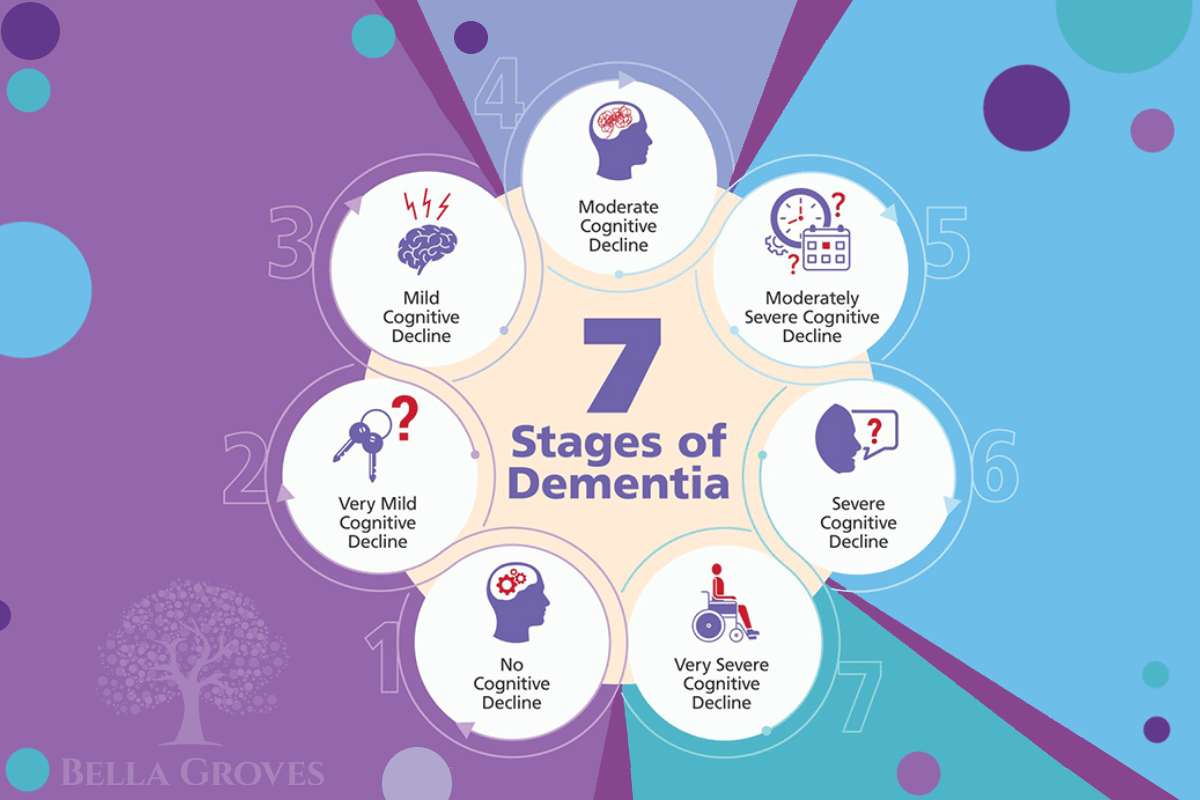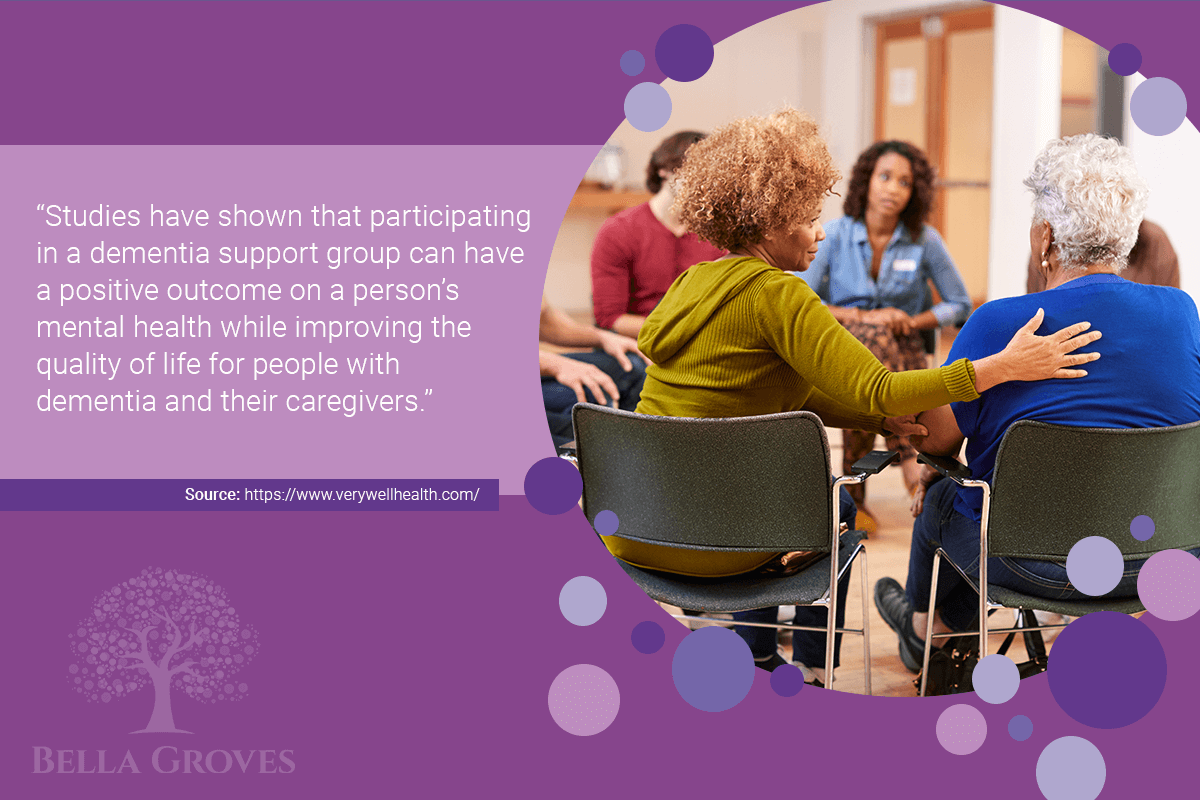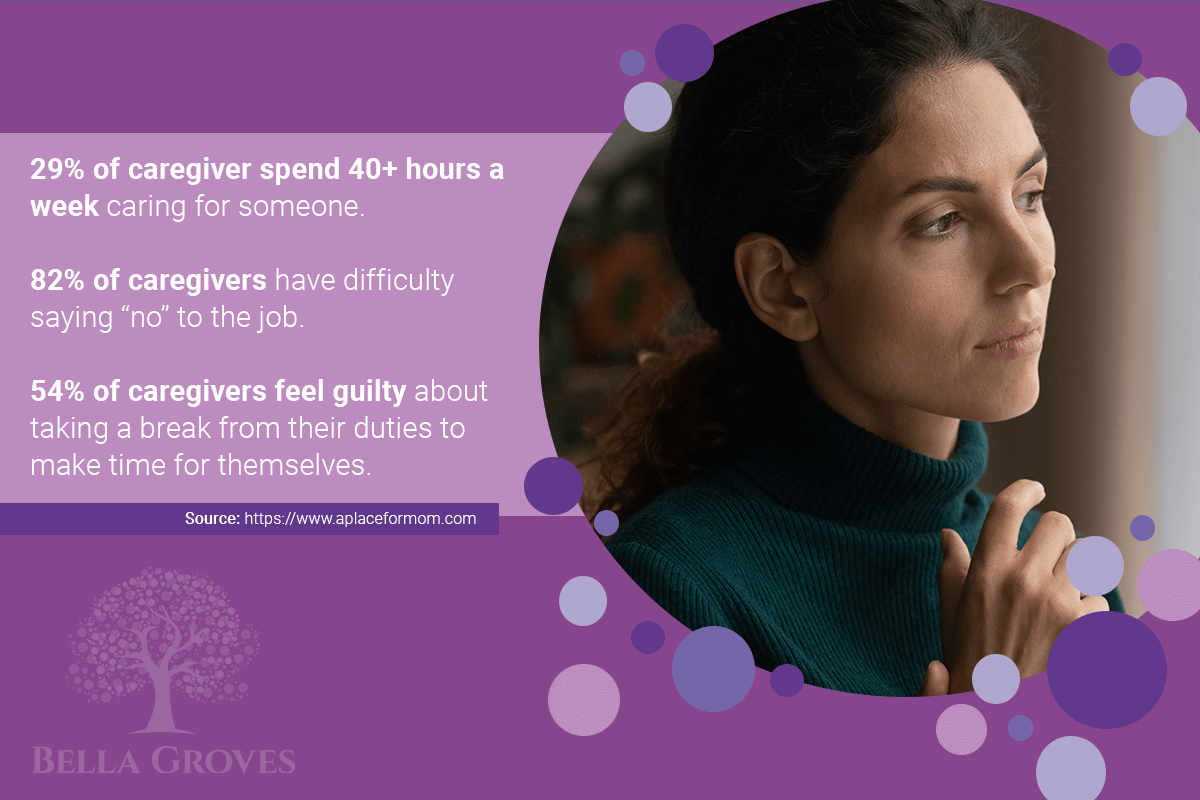
What Are the Stages of Dementia?
Dementia is a general term used to describe a variety of symptoms and different conditions that impact cognitive ability, including Alzheimer’s disease.
While each form of dementia progresses in a unique, varied way, there are two general models used to describe the stages of dementia that occur throughout the process:
- The three-stage model
- The seven-stage model
The Three-Stage Model
The three-stage model maps out the progression of dementia into the early (1), middle (2), and late (3) stages.
During the early stage, a person is still able to maintain an independent lifestyle. For example, they may still drive or continue working. However, they may experience memory lapses, such as forgetting the location of everyday objects or losing the ability to find the right words during a conversation.
The middle stage is the longest stage of dementia progression and can last for years. As the symptoms of dementia become more notable, a person will require a greater level of care. A person with middle-stage dementia might begin to have challenges completing the activities of daily living (ADLs). For instance, they might require assistance with bathing and grooming and/or experience incontinence.
Late-stage dementia is the most severe stage. A person with late-stage dementia will likely require around-the-clock care, lose their ability to communicate effectively, and become vulnerable to infections like pneumonia. The loss of communication means they might not be able to initiate engagement with others, so it’s important to ensure they feel comforted and understood. Care partners can show reassurance through gentle touch or playing soft music to provide a sense of comfort in their home environment.
The Seven-Stage Model
The seven stages of dementia are meant to provide a more detailed timeline to assist individuals, family members, and care partners during their journey with dementia. This assessment tool was created by Dr. Barry Reisburg to make it easier to recognize progression. In this model, stages one through three are generally known as “pre-dementia” stages.
The first stage, “No Cognitive Decline,” refers to the lack of memory impairment as there aren’t any clear signs of memory loss or declination.
The second stage, “Age-Associated Memory Impairment,” occurs when a person exhibits slight memory loss. This can relate to forgetting where objects were placed or if a name or date slips someone’s mind. Again, this stage doesn’t necessarily warrant a dementia diagnosis and can mirror age-related forgetfulness.
“Mild Cognitive Impairment” is the third stage, in which memory impairments become increasingly noticeable. These memory slips become more unusual and can include difficulty retaining new information or losing important items. During this tage, difficulty with driving, organizational skills, and the ability to complete ADLs can also occur.
The fourth stage, “Moderate Cognitive Decline,” is also known as the mild dementia stage. This is when a person faces difficulty safely maintaining their independence; they might have issues managing important aspects of their daily lives, such as finances.
At stage five, “Moderate Dementia,” cognitive decline becomes more severe. At this point, a person will require some form of outside assistance due to extreme memory impairment; they might forget important personal information, like their own phone number or the names of loved ones.
“Moderately Severe Dementia” is the sixth stage and is comparable to the middle stage of the three-stage model.
As with the late stage of the three-stage model, the seventh stage, “Severe Dementia,” is the most advanced stage. A person with severe dementia will experience great difficulty with cognitive abilities, including communicating, relating to their environment, and mobility.
Support and Understanding
It can be challenging to know where to turn if someone you love is experiencing pre-dementia stages or has received a dementia diagnosis. At Bella Groves, our Level 1 Learning Center offers interactive resources to educate, connect, and provide comfort to individuals and care partners.
Our mission is to create an environment for your family where you can create Unconditional Joy as you support your loved one living with dementia. If you have questions about your dementia care journey, we invite you to call us at (830) 323-0440 or email us at hello@bellagroves.com.


